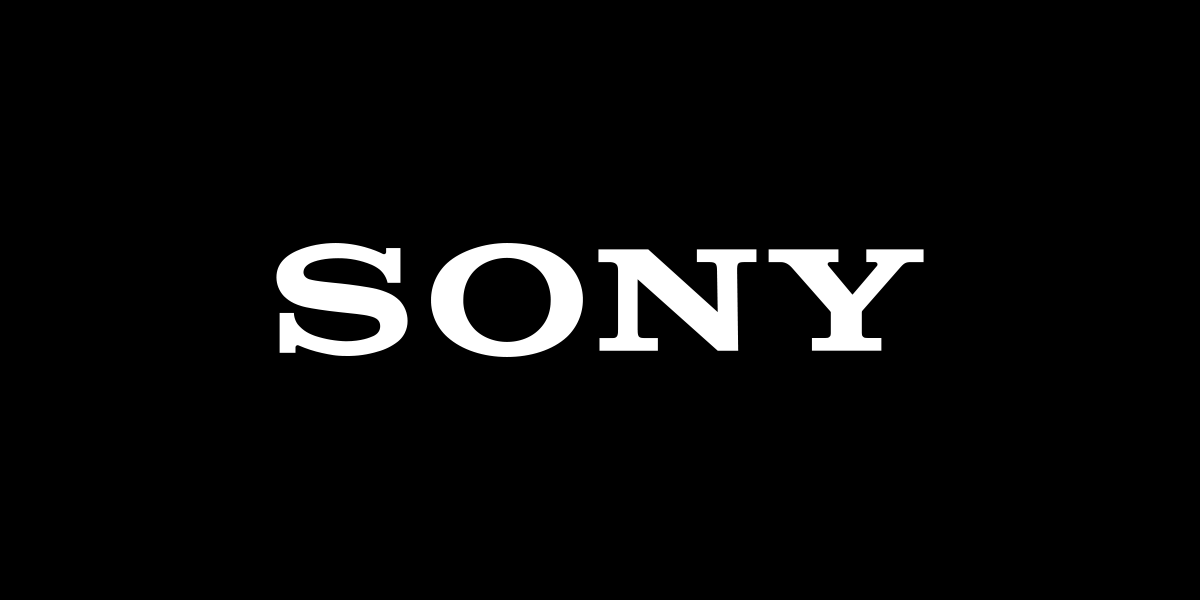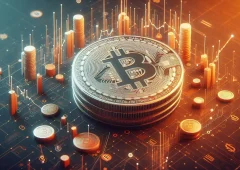Sony Officially Unveils Its New Blockchain Platform Soneium
14.01.2025 20:30 1 min. read Alexander Zdravkov
Sony has officially launched Soneium, its Layer-2 blockchain platform, marking a bold step into the digital asset space.
Built on Ethereum and leveraging cutting-edge technology like OP Stack and Superchain, Soneium aims to break barriers, foster global collaboration, and empower creators by offering a seamless blockchain experience.
Launched by Sony Blockchain Solution Labs, Soneium already boasts over 14 million accounts and 47 million verified transactions. It supports applications ranging from gaming to financial services, positioning itself as a versatile hub for innovation. Stablecoin issuer Circle has partnered with Sony to bring USDC to the platform, further enhancing its Web3 capabilities.
Two major projects accompany Soneium’s debut. An NFT-based fan engagement platform by SNFT Inc., launching February 2025, will allow businesses to manage NFT campaigns with ease, offering integrated wallets for a seamless user experience.
Additionally, the revamped S. BLOX platform (formerly WhaleFin) enhances crypto trading and payment functionality within Soneium’s ecosystem. As part of its launch, S. BLOX is rewarding new users with ¥3,000 in Bitcoin for crypto trades.
Sony’s foray into blockchain highlights its commitment to innovation, fostering inclusive digital experiences and bridging technology with creativity on a global scale.
-
1
Canton Network Developer Secures $135M to Expand Institutional Blockchain Use
25.06.2025 12:00 1 min. read -
2
Coinbase Brings Cardano and Litecoin to DeFi via New Wrapped Tokens on Base
26.06.2025 18:00 1 min. read -
3
XRP Ledger Sees Sharp Drop in Activity as Key Network Metrics Tumble
26.06.2025 19:00 1 min. read -
4
Top 10 DeFi Projects by Development This Month
28.06.2025 20:00 1 min. read -
5
XRP Ledger Deploys EVM-Compatible Sidechain to Expand Multichain Utility
30.06.2025 21:00 2 min. read
Top 10 blockchains by transaction volume in June 2025
New data highlights a dramatic lead for Solana in blockchain activity for June 2025. According to the figures, Solana processed a staggering 2.98 billion transactions, far outpacing all other chains in the ecosystem.
Top 10 AI and Big Data Crypto Projects by Development Activity
According to new insights from market intelligence platform Santiment, development activity in the crypto sector’s AI and Big Data segment remains strong, with several major projects showing notable GitHub activity over the past 30 days.
XRP Ledger Deploys EVM-Compatible Sidechain to Expand Multichain Utility
The XRP Ledger (XRPL) has officially launched its Ethereum Virtual Machine (EVM) sidechain on mainnet — marking a major milestone in its effort to bridge XRP’s payment efficiency with Ethereum’s smart contract capabilities.
What the U.S. Blockchain Act Means for Crypto’s Future
The U.S. House of Representatives has taken a major step toward digital asset regulation by passing the Deploying American Blockchains Act of 2025.
-
1
Canton Network Developer Secures $135M to Expand Institutional Blockchain Use
25.06.2025 12:00 1 min. read -
2
Coinbase Brings Cardano and Litecoin to DeFi via New Wrapped Tokens on Base
26.06.2025 18:00 1 min. read -
3
XRP Ledger Sees Sharp Drop in Activity as Key Network Metrics Tumble
26.06.2025 19:00 1 min. read -
4
Top 10 DeFi Projects by Development This Month
28.06.2025 20:00 1 min. read -
5
XRP Ledger Deploys EVM-Compatible Sidechain to Expand Multichain Utility
30.06.2025 21:00 2 min. read


